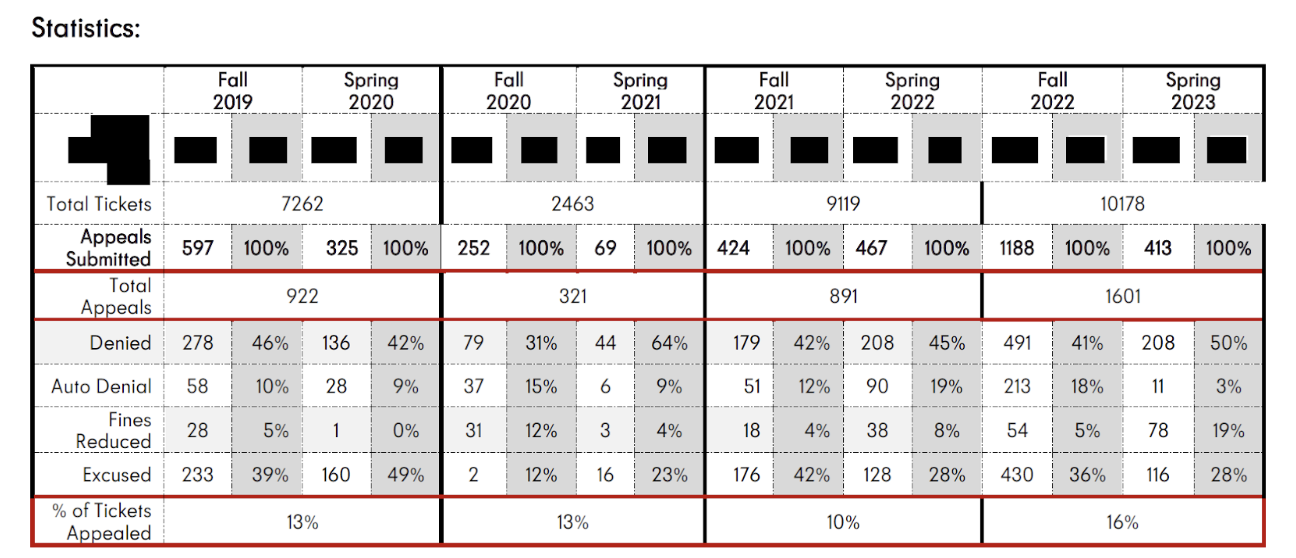By Adeena Woodard
Alicia Garza, one of the three original co-founders of the Black Lives Matter organization and movement, spoke at KU on March 29. Schaeffer auditorium was overflowing with  individuals of all races, ages and backgrounds.
individuals of all races, ages and backgrounds.
Garza began by outlining her platform for that evening, “We have a lot to discuss,” she said.
She spoke about the history of the organization, provided examples of disturbing court cases that sparked the inspiration behind the movement, the organization’s next steps and resolved the confusion centered around the use of the popular hashtag, #BlackLivesMatter.
A few courageous audience members opened up to Garza, claiming that before the presentation, they had been skeptical. Many believed the organization was meant only to promote black lives and ‘discard’ white. Many thought that #BlackLivesMatter insinuated white lives mattered less. They couldn’t be further from the truth.
The hashtag represents the perspective of the black population living in America today. Every life matters, but the hashtag clarifies that black lives matter too.
“But we shouldn’t have to add the too,” said Garza, “We shouldn’t have to resort to that.”
W.E.B. DuBois, one of the most influential Harlem Renaissance writers, explains a weighing ideal black Americans once lived with and still do today: “double-consciousness.” According to DuBois, blacks are made aware of their racial deviance, constantly and consistently. To be American and to be black are two warring identities that desperately need resolution.
In some communities, blacks are treated as a problem before they are treated as people. Unfortunately, these problems are not being addressed directly. Garza explained that some communities are attempting to indirectly address these issues in trivial ways.
In Georgia, Louisiana, West Virginia and several other states, hoodie-wearing, where any portion of the face is partially concealed, is prohibited in public. But hoodies are not the problem—these laws and regulations skirt around addressing the problem directly.
Rather, racial profiling is America’s problem—shooting to kill first, and asking questions later, is America’s problem. Garza’s organization attacks these disconcerting issues head on.
Pulled directly from the organization’s public webpage, blacklivesmatter.com, “When we say Black Lives Matter, we are broadening the conversation around state violence to include all of the ways in which black people are intentionally left powerless at the hands of the state. We are talking about the ways in which black lives are deprived of our basic human rights and dignity.”





Leave a Reply